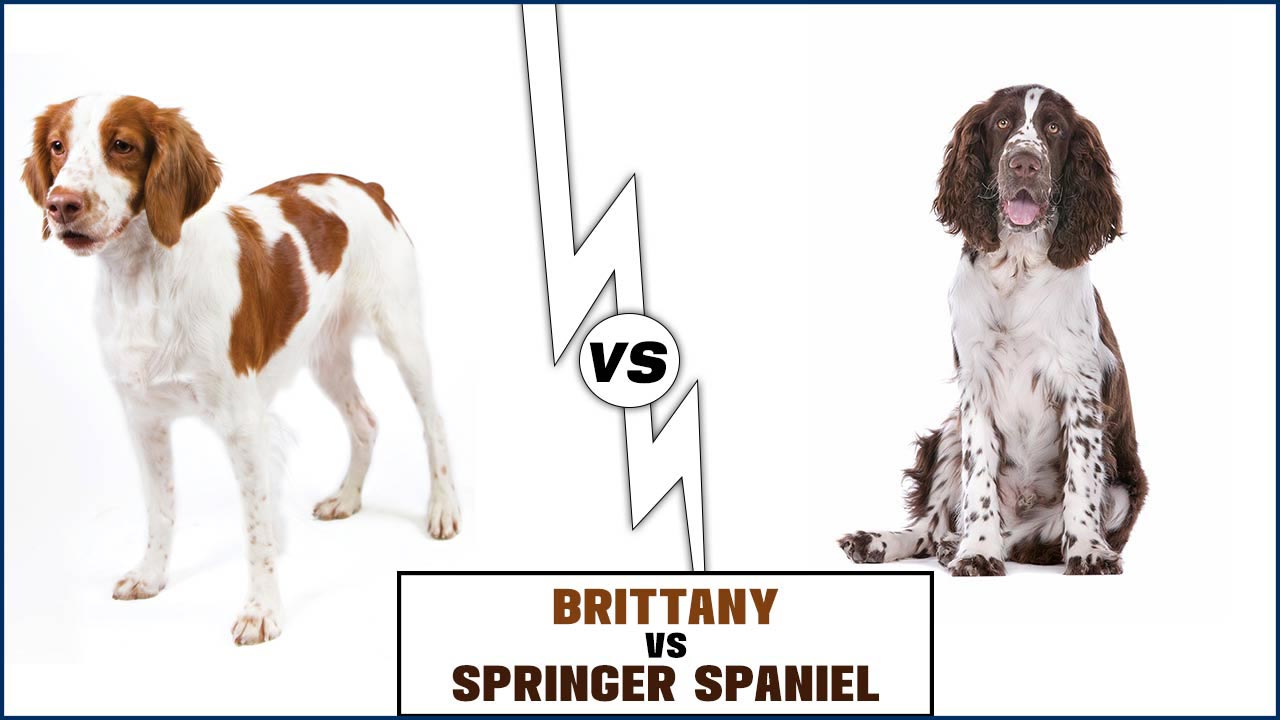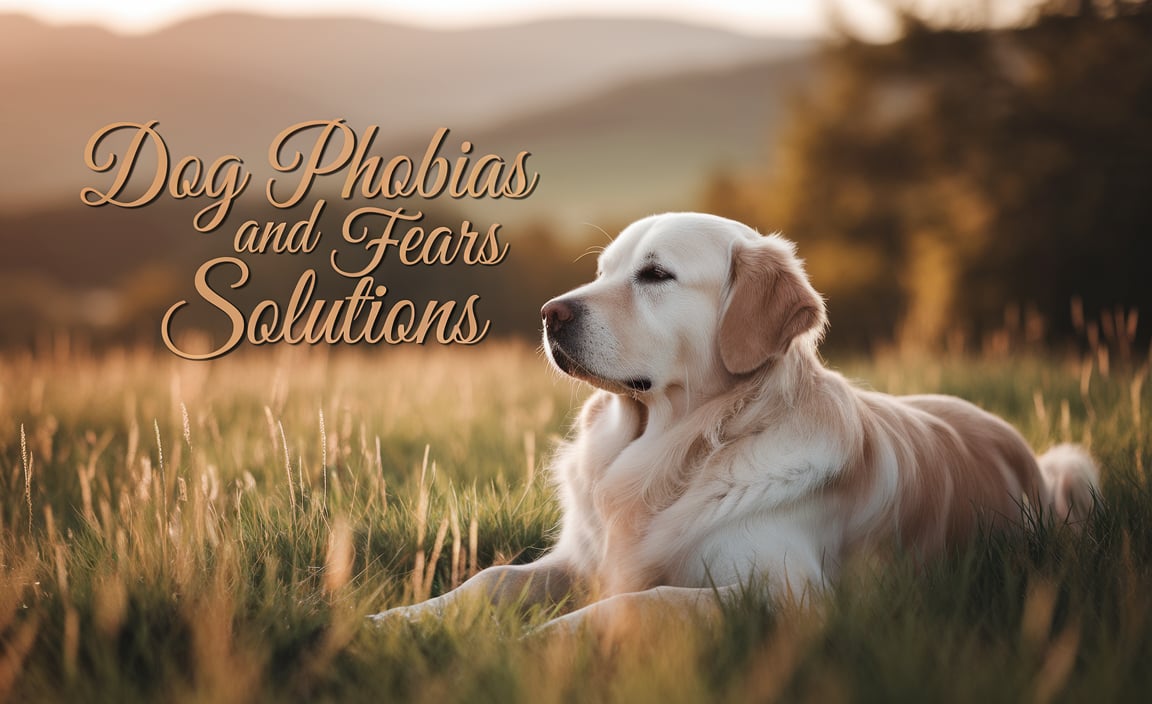Organic Dog Food for Allergies for Adults: A Holistic Approach to Canine Comfort
If your furry companion is struggling with allergies, you’re likely exploring every avenue to bring them relief. The search for the best dietary solution often leads to the question: is organic dog food for allergies for adults the right choice? For many owners, the answer is a resounding yes. This approach moves beyond merely managing symptoms to addressing the root cause of discomfort by providing a clean, nutrient-dense diet free from common irritants.
As dogs age, their bodies can become more sensitive to environmental factors and the ingredients in their food. Allergies, whether they manifest as itchy skin, digestive upset, or ear infections, can significantly impact an adult dog’s quality of life. Traditional dog foods, often packed with fillers, artificial additives, and common allergens like corn, wheat, and soy, can exacerbate these issues. Organic dog food offers a compelling alternative, prioritizing wholesome ingredients and transparent sourcing.
Understanding Canine Allergies and Diet
Canine allergies are a complex issue, but dietary sensitivities are a significant contributing factor for many adult dogs. These allergies can be triggered by a wide range of ingredients, and identifying the culprit can be a challenging detective game. Common food allergens include:
Proteins: Chicken, beef, dairy, and eggs are among the most frequent offenders.
Grains: Wheat, corn, and soy are prevalent in many commercial dog foods and can cause reactions.
Additives: Artificial colors, flavors, and preservatives can also lead to sensitivities.
When a dog with allergies consumes these ingredients, their immune system overreacts, leading to a cascade of inflammatory responses. This can result in:
Skin Issues: Intense itching, redness, hair loss, hot spots, and recurrent ear infections.
Digestive Problems: Vomiting, diarrhea, and bloating.
Behavioral Changes: Restlessness, lethargy, or increased aggression due to discomfort.
This is where a carefully selected organic dog food for allergies for adults can make a profound difference. By eliminating potential triggers and focusing on high-quality, digestible ingredients, you can help calm your dog’s overactive immune system and promote healing from within.
The Benefits of Organic Dog Food for Allergy Sufferers
Choosing organic isn’t just a trend; it’s a commitment to a higher standard of canine nutrition, especially when dealing with allergies. Here’s why organic stands out:
1. Reduced Exposure to Pesticides and Herbicides: Conventional farming uses a cocktail of chemicals that can end up in your dog’s food. Organic certification guarantees that ingredients are grown without these synthetic pesticides and herbicides, minimizing your dog’s exposure to potentially harmful residues.
2. Absence of GMOs (Genetically Modified Organisms): Organic standards prohibit the use of GMOs. While the long-term effects of GMOs on canine health are still debated, many owners prefer to err on the side of caution and opt for non-GMO ingredients.
3. No Artificial Additives: Organic dog food formulations are free from artificial colors, flavors, and preservatives. These synthetic additives can be common culprits behind allergic reactions and contribute to overall inflammation in the body.
4. Focus on Whole, Wholesome Ingredients: Organic brands often prioritize single-source proteins and limited carbohydrate blends, making it easier to identify and avoid specific allergens. Look for formulas that feature novel proteins (like duck, venison, or fish) or hydrolyzed proteins, which are less likely to trigger an allergic response.
5. Higher Nutrient Density: The absence of fillers and the use of premium ingredients often mean that organic dog foods are more nutrient-dense, providing better absorption and utilization of vitamins and minerals for overall health and immune support.
Navigating the Landscape: Choosing the Right Organic Dog Food for Allergies for Adults
The term “organic” is a good starting point, but not all organic foods are created equal when it comes to tackling allergies. Here’s how to select the best option for your adult dog:
Identify Potential Allergens: If you’ve identified specific ingredients your dog reacts to, look for organic foods that explicitly exclude them. Many brands offer limited-ingredient diets (LIDs) specifically designed for allergy-prone dogs.
Consider Novel Proteins: As mentioned, common proteins can be problematic. Opt for organic formulas with proteins your dog hasn’t been exposed to before, such as bison, kangaroo, or fish.
Look for Hypoallergenic Formulas: Some organic brands go a step further by offering hypoallergenic or sensitive-skin formulations. These often feature hydrolyzed proteins, which are broken down into smaller molecules that the immune system is less likely to recognize as allergens.
Prioritize Easily Digestible Carbohydrates: If your dog tolerates grains, choose organic options that use wholesome sources like brown rice, oats, or barley. For grain-sensitive dogs, sweet potatoes, peas, or lentils are often good alternatives.
Consult Your Veterinarian: Before making any drastic changes to your dog’s diet, it’s crucial to consult with your veterinarian. They can help diagnose the type of allergy, rule out other medical conditions, and provide personalized recommendations for dietary changes, including specific brands or types of organic dog food for allergies for adults.
Read Labels Carefully: Even with organic foods, it’s essential to scrutinize the ingredient list. Look for simple, recognizable ingredients. Avoid anything with a long list of unpronounceable names.
Making the Transition to Organic
Switching your adult dog to a new food, especially an organic formula, should be done gradually to prevent digestive upset. Here’s a recommended transition schedule:
Days 1-3: Mix 25% new food with 75% old food.
Days 4-6: Mix 50% new food with 50% old food.
Days 7-9: Mix 75% new food with 25% old food.
Day 10 onwards: Feed 100% new food.
Monitor your dog closely during the transition for any signs of digestive distress or allergic reactions.
Beyond Food: A Holistic Approach
While organic dog food for allergies for adults is a cornerstone of improving your dog’s well-being, remember that allergies are often multifactorial. To truly support your dog, consider a holistic approach that includes:
Environmental Allergy Management: Identify and minimize exposure to environmental allergens like dust mites, pollen, and mold.
Regular Grooming: Consistent bathing and brushing can help remove allergens from your dog’s coat.
Supplements: Omega-3 fatty acids, probiotics, and prebiotics can support skin health and gut function. Discuss these with your vet.
Veterinary Care: Regular check-ups are essential for monitoring your dog’s health and adjusting treatment plans as needed.
In conclusion, for adult dogs struggling with allergies, the move to organic dog food represents a thoughtful, proactive step towards a healthier, more comfortable life. By embracing the purity, transparency, and superior nutrition that organic options provide, you’re not just feeding your dog; you’re investing in their long-term health and happiness, one wholesome bite at a time.
Meet Elyse Colburn, the devoted canine companion and storyteller behind the enchanting world of “Tales, Tails, and Adventures Unleashed.” A passionate dog enthusiast with a heart full of paw prints, Elyse Colburn shares heartwarming tales and insightful adventures, celebrating the joy, loyalty, and endless antics that make every dog a true hero. Join Elyse Colburn on this tail-wagging journey, where every post is a love letter to our four-legged friends.







